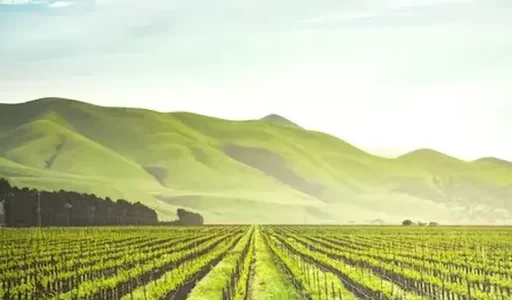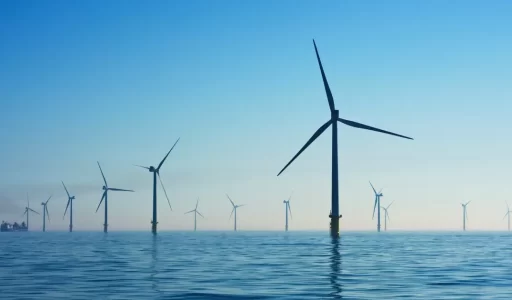Connecting Our Lessons to Your Curriculum
There is still a long way to go to fully incorporate climate education into curricula. Our lessons mobilize current Canadian curricula to discuss climate change. And we don’t stop at the doom and gloom. We are finding spaces in all subjects for students to explore climate action and take steps towards a sustainable future, with our lessons on emissions reduction and climate solutions. Search our library by subject, grade and region to find Solution Lessons relevant for your learners.
Introducing Our Lessons
We recommend introducing students to key climate concepts before implementing our Solutions Lessons. Use our introductory presentation or our Introductory Lessons to familiarize your students with emissions reduction and Canada’s net-zero policies.
Accessing Our Lessons
All lessons are available for download with our free online membership. Each lesson includes resources (digital and/or printable) to be used during delivery as well as detailed instructions on how you can implement the activities in your own class. We distribute all resources via Google Suites so you have your own copy to adapt and manipulate.






